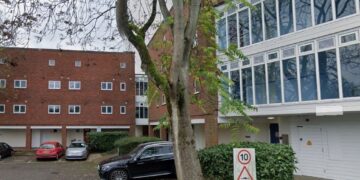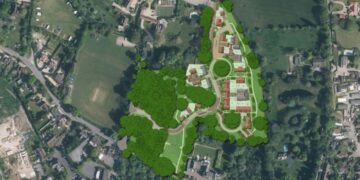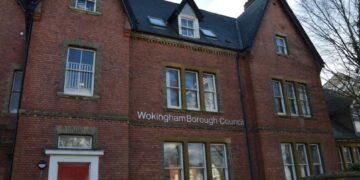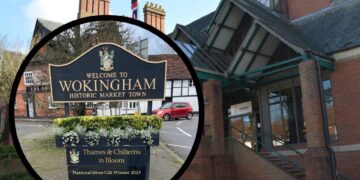REAL ESTATE continues to be buoyant according to new market data.
New research shows that office market activity across the south east surged during the second quarter of this year to £1.06bn, with an emphasis on leasing and investment.
The figures have been compiled by Knight Frank and represent a 215% increase in turnover from the £336 million recorded in the first quarter of the year.
And the firm says its total quarterly figure is 48% above the 10-year average.
Investor demand for life sciences-focussed office assets saw numerous big-ticket deals during the quarter, including Longfellow Real Estate Partners and the Public Sector Pension Investment Board (PSP Investments) buying Capital Park in Cambridge for £185m and Life Science REIT buying Oxford Technology Park for £183m.
Rebounding occupier demand saw leasing levels reach more than 1m sq ft during Q2, the highest quarterly total since 2018, representing a 216% increase from the 316,269 sq ft leased in the first quarter of the year.
The increase was underpinned by the conclusion of four transactions over 50,000 sq ft, including Unilever’s lease and funding agreement for its new 282,000 sq ft headquarters in Kingston.
Vacancy remained just above the long-term trend, with Grade B space accounting for 30% of total availability at quarter end, the highest percentage since 2014.
Knight Frank said this further demonstrates a continued flight to best-in-class offices, as occupier demand increasingly focuses on Grade A workspaces that meet the desired environmental criteria.
There is more new space in store. At quarter end, 1.8m sq ft of speculative space was under construction, with Kensington Olympia and White City accounting for 48% of this total.
This means that the broader South East market will see a staggered delivery of just 900,000sq ft over the next 36 months, less than the amount of space leased just this quarter.
Roddy Abram, Head of South East and Greater London Offices at Knight Frank, said the figures were due to “pent-up occupier demand”, and occupier confidence in the office market.
“Looking ahead, the severely limited development pipeline suggests that headline rent projection will continue to rise in the prime South East markets and incentive packages will start to tighten to pre-pandemic levels,” he continued.
“It is, however, those buildings that fulfil the ESG criteria increasingly demanded by occupiers that will achieve the best results.”
And his colleague, Simon Rickards, Head of South East Capital Markets said the life-science sector continues to attract global capital at record yields.
“The market for core-plus stock has proved extremely sensitive to the cost of debt and, as a result, we believe it is beginning to look very attractively priced,” he said.”




















































